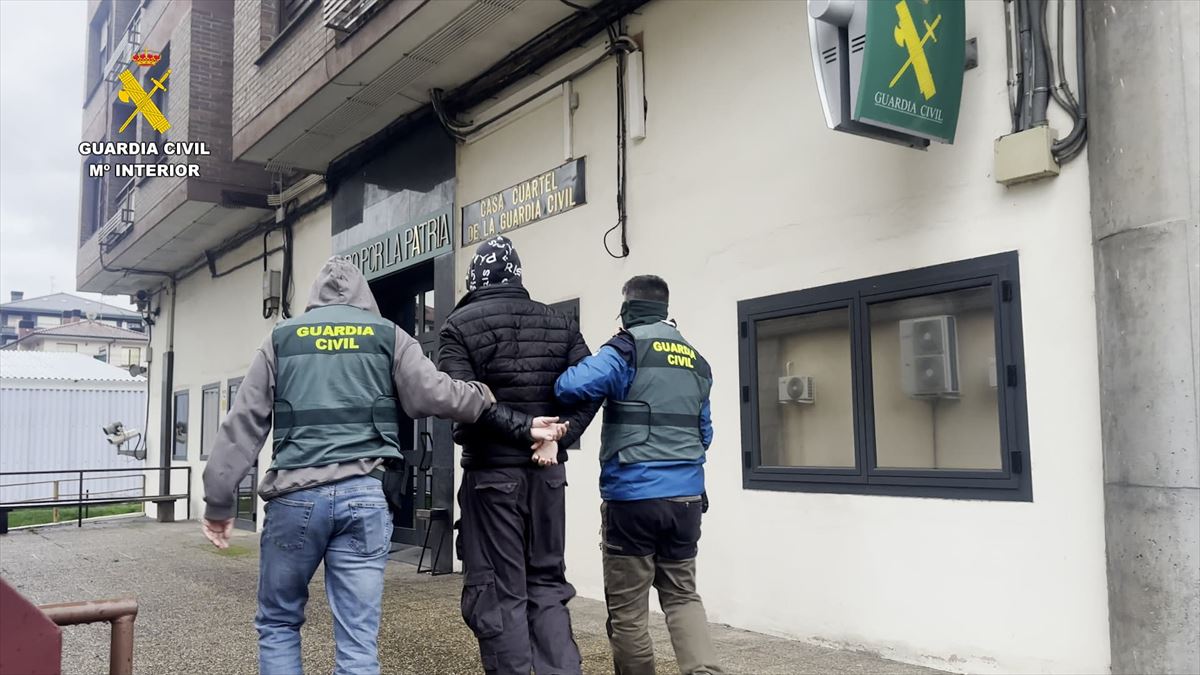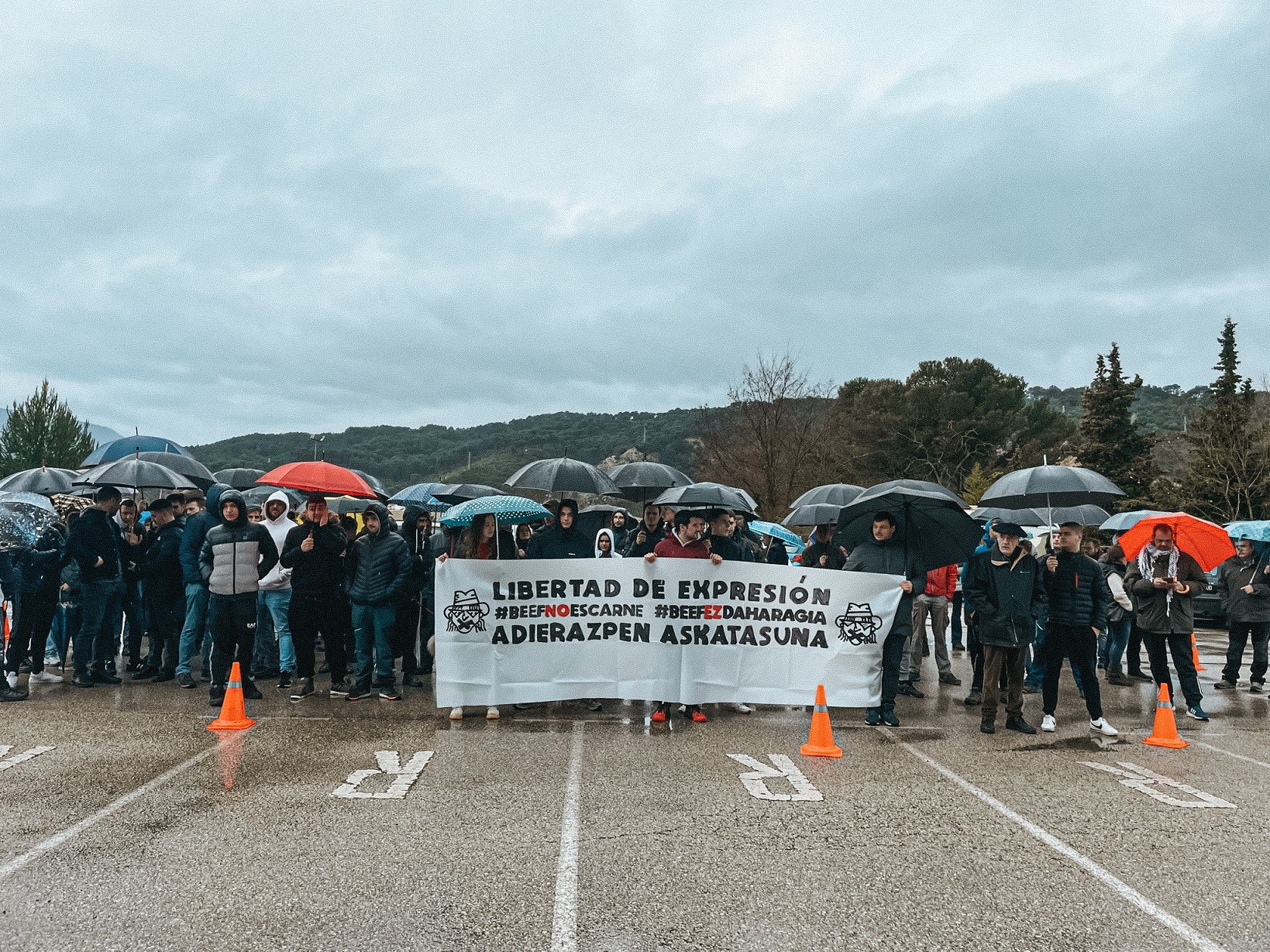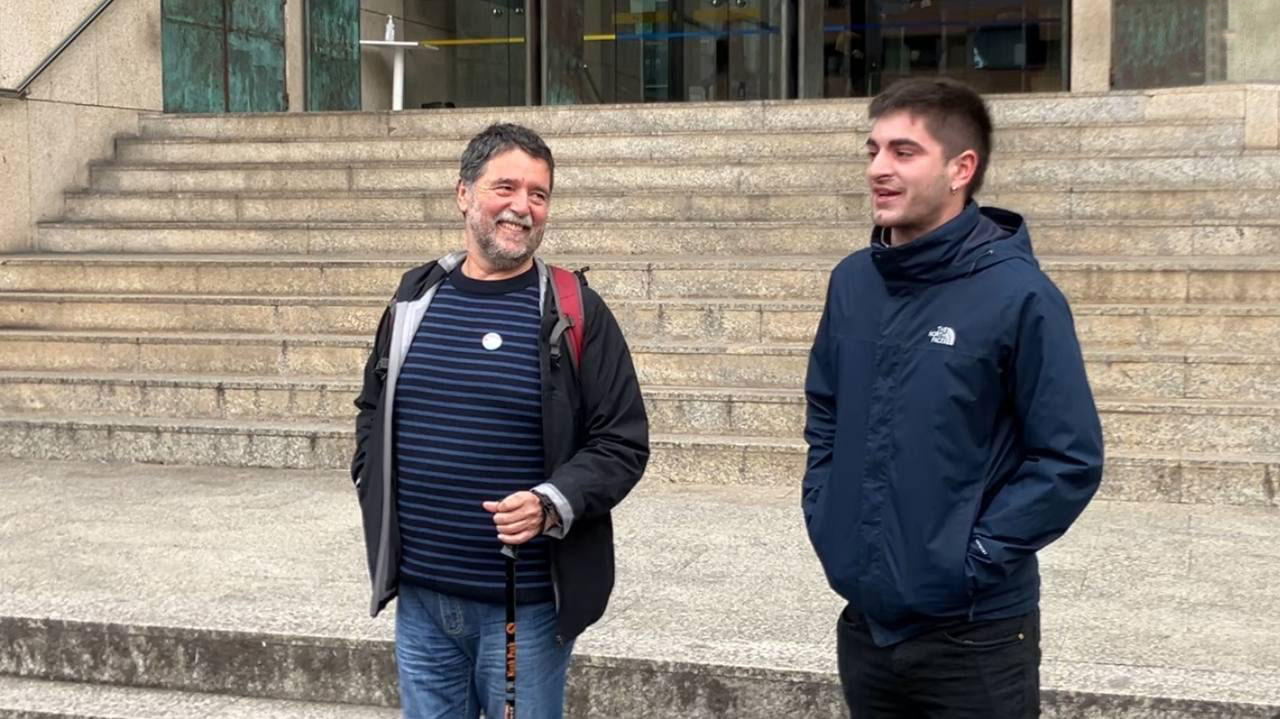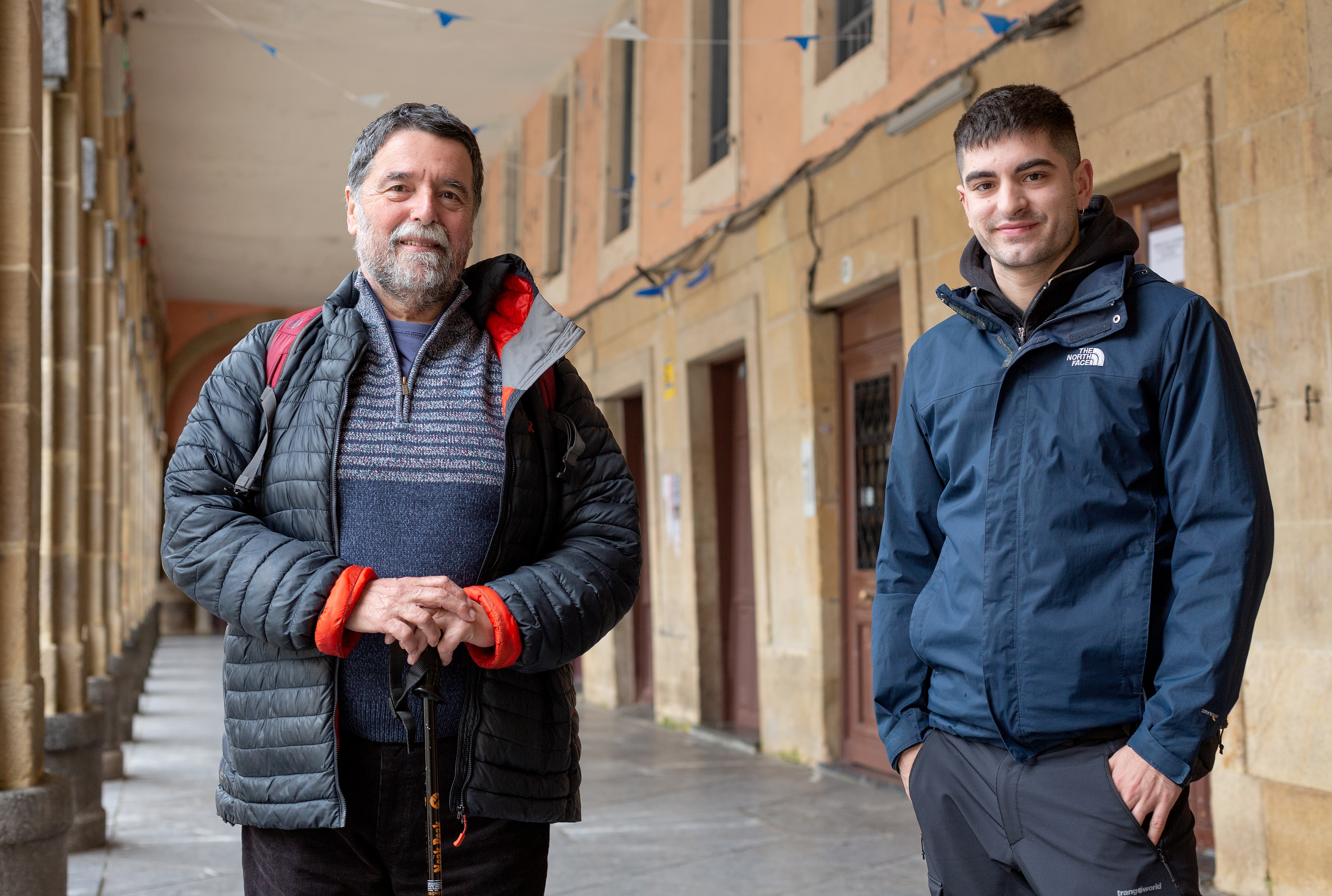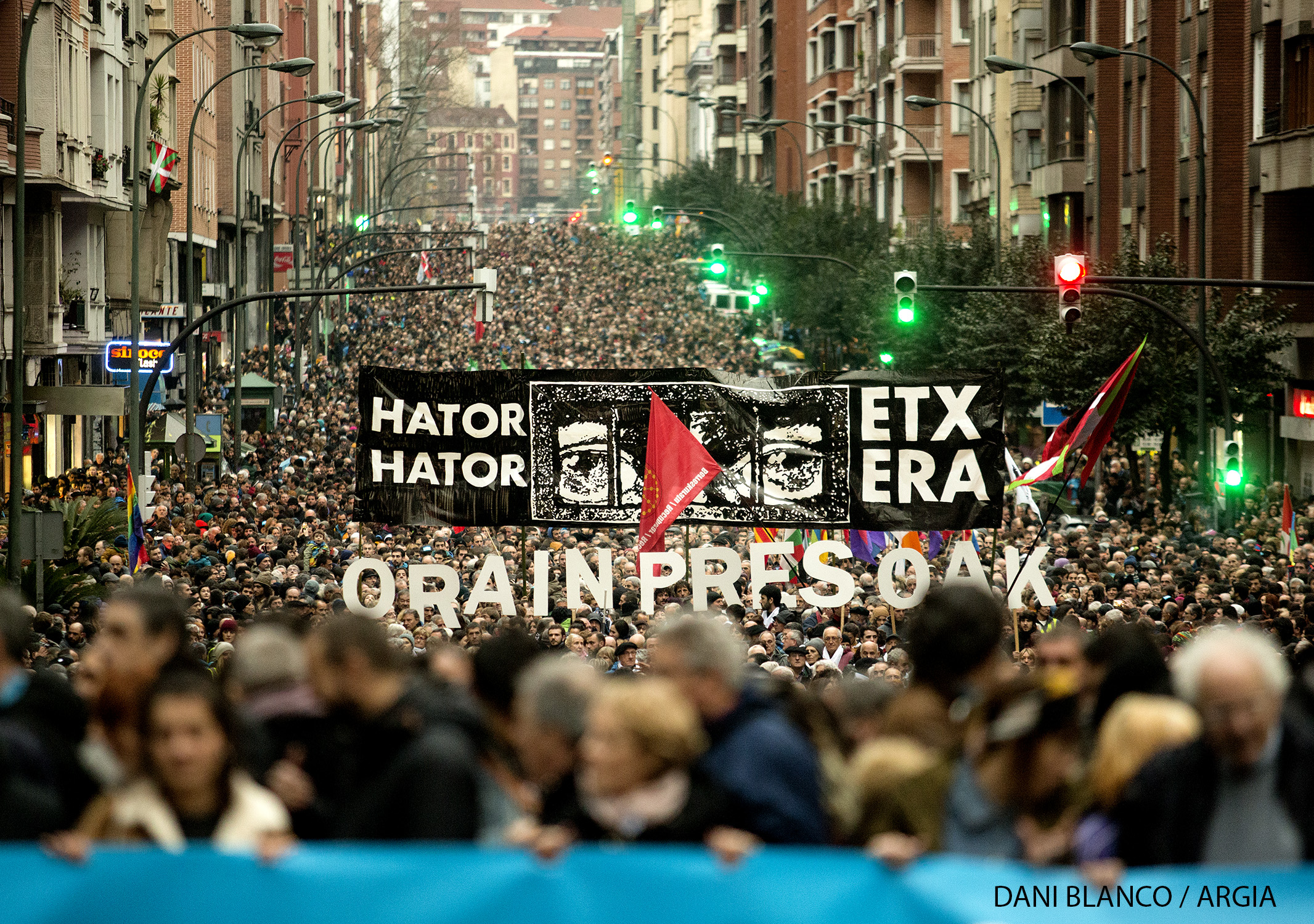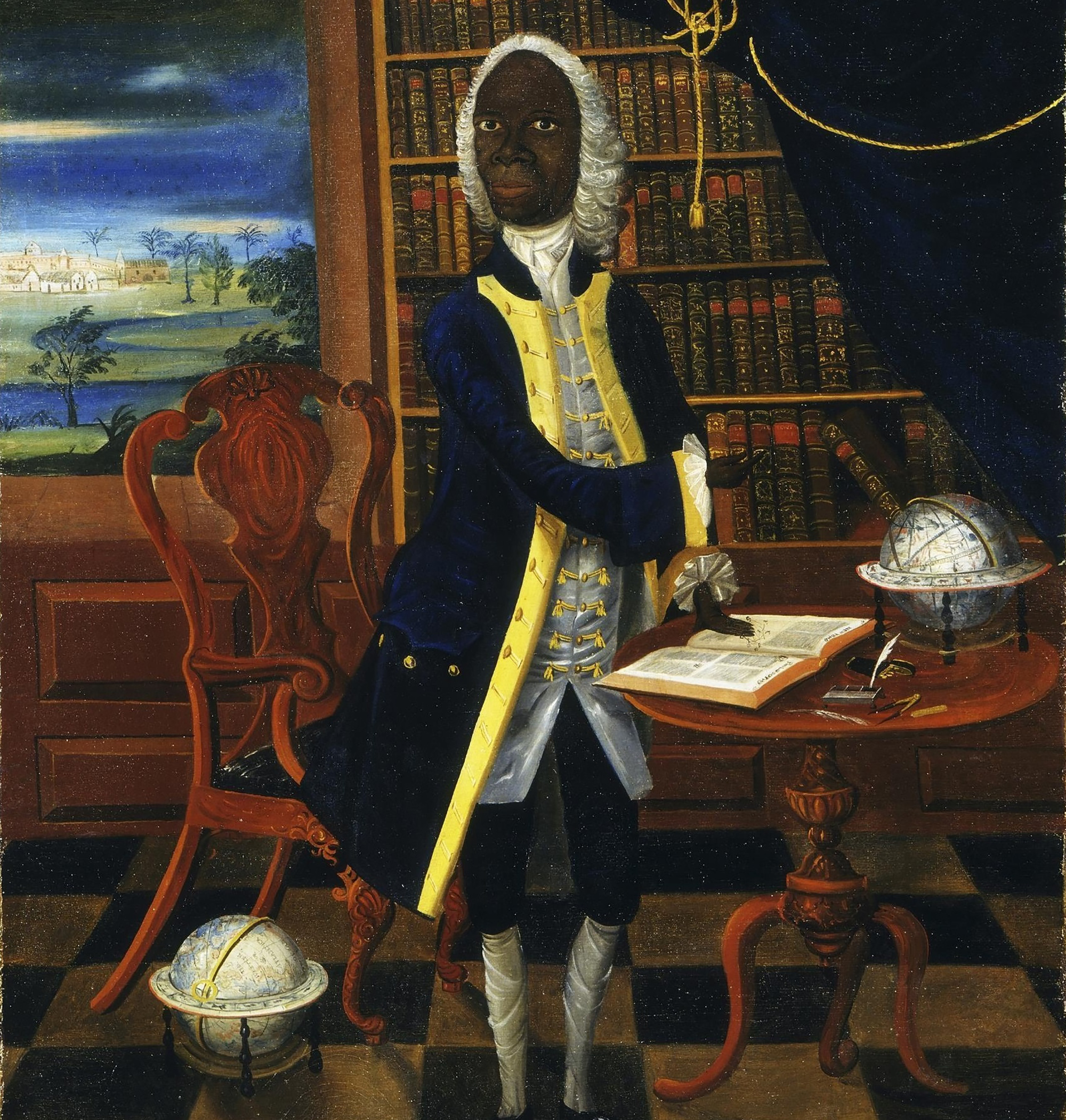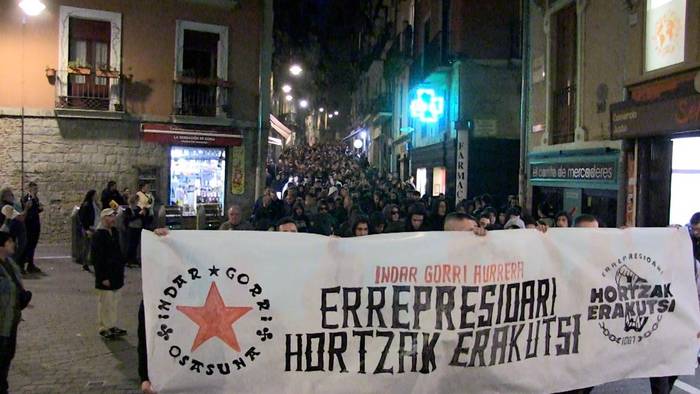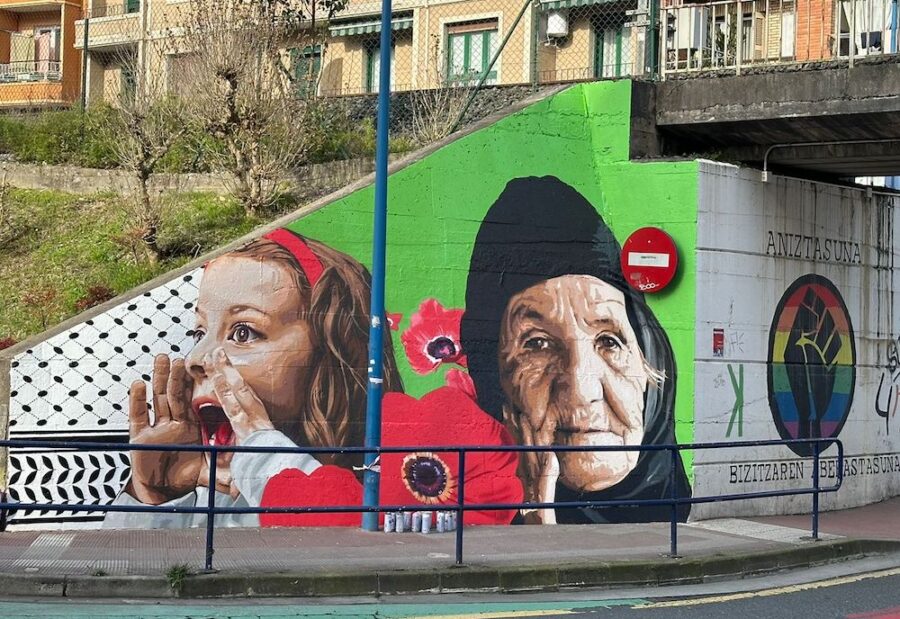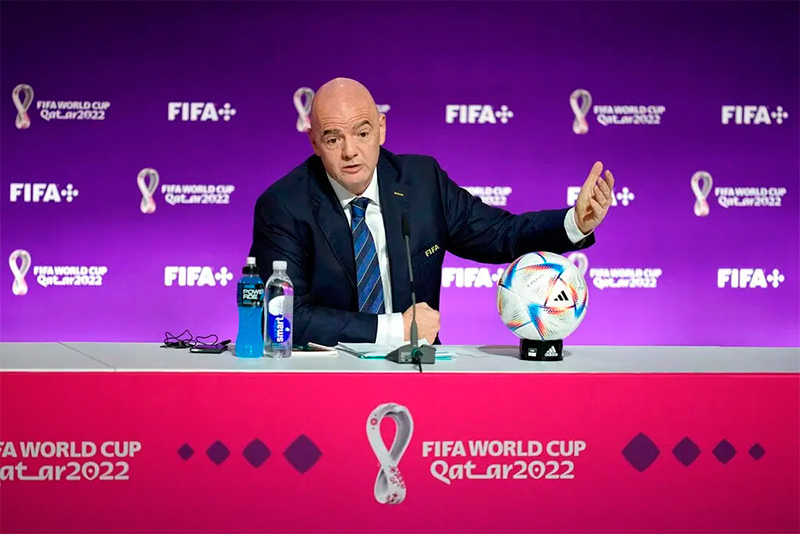Fujimori trial begins for forced sterilization of thousands of indigenous people
- Former Peruvian President Alberto Fujimori will be judged by the thousands of forced sterilizations carried out under his government, mostly women, peasants, poor and Quechiceros.

On March 1, the Peruvian Justice began a new trial against former President Alberto Fujimori for having forced the beheading of thousands of indigenous people in Peru. The judicial process led by Judge Rafael Martínez has begun after seventeen years of petitions from human rights activists.
Between 1996 and 2000, under the government of the former president, the campaign called "Voluntary Surgical Contraception" was launched. During this time, 350,000 women and 25,000 men, according to the Peruvian Public Prosecutor ' s Office, belonging to the indigenous community of Quechua and with scarce economic resources, were sterilized against their will.
Apparently, to cope with poverty
Birth control was established as a measure to combat poverty, according to the Government, to reduce birth rates in the sectors with the least recursos.Los responsible initially reported that surgical procedures had been carried out with the consent of the patients. However, in 2002, a study by the Congress of the Republic showed that health personnel had been pressured to perform non-conforming sterilization of women.
More than 2,000 women have said they were raped, misled and persecuted to carry out the operation, in which Moscow was arrested. 25 years later they have dared to report to the human rights groups. The majority of the victims are women, and since the mother is a Quechua language, they did not master Castilian; moreover, many of them were unliterate. The government took advantage of this to carry out, in many cases, a tromp-tie operation in sub-human conditions. Eighteen women died from surgical interventions and some 1,300 women suffered physical sequelae.
Prosecutor Pablo Espinoza has accused the former president of committing "crimes against life, body and health" during his detention. In addition, former Health Ministers Eduardo Yong, Marino Costa Bauer and Alejandro Aginaga have also been prosecuted for a crime of murder. Fujimori, who has not been in the process, has argued that he should not be tried in this case, as the indictment was not included in the criminal group when he was extradited from Chile in 2007.
Alberto Fujimori is serving a 25-year prison sentence for the massacres in Barrios Altos and La Cantunta that have taken place during the Fujimori government.
This year marks the 51st anniversary of the United Nations proclamation of International Human Rights Day on 10 December. This date has become important in Euskal Herria and the Human Rights Observatory of Euskal Herria wants to offer some elements of reflection.
Progress on... [+]
Our rights, our future, now! Under the motto, the International Day of Human Rights commemorates the legacy of 76 years. The aim of the day is to promote the construction of a more peaceful, egalitarian and sustainable world. However, while progress is being made, we are faced... [+]
London 1928. At the Victoria and Albert Museum there was a very special painting: in the painting there is a black man, with wig and Levite, surrounded by books and scientific instruments. Thus it was catalogued in the Museum: “Unique satirical portrait representing a failed... [+]










